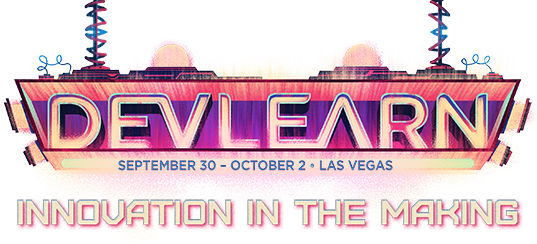805 Seven Learning Principles That Work in Virtual Reality
10:00 AM - 11:00 AM Friday, October 2
Emerging Tech
106/107
The coming year will see the launch of inexpensive virtual reality (VR) devices. But this change is not about gadgets; it’s about a massive consumer technology that will be accessible and powerful with huge potential. VR is a medium, not a gadget. How appropriate is it for education and training?
In this session we will explore seven key principles that support virtual reality as an educational medium. In learning we all yearn for something that can really hold sustained attention, induce intense emotion, allow learning by doing, provide relevant context, enable transfer, increase retention, provide cognitive swap, and above all, allow you to do things that are impossible in the real world.
In this session, you will learn:
- Why VR is on its way as a massive consumer phenomenon
- Seven learning theory principles that support the use of VR as a medium
- From real examples of the use of VR in both education and training
- From an actual experience of VR for real (well virtually real)
Audience:
Novice to advanced designers, developers, project managers, and managers.
Technology
discussed in this session:
Oculus Rift DK1 and DK2

Donald Clark
CEO
PlanB Learning
Donald Clark, CEO of PlanB Learning, is an EdTech entrepreneur and was CEO and an original founder of Epic Group, which established itself as the leading company in the UK eLearning market. He has a foot in two camps, one as an investor and board member of LearningPool and Cogbooks, the other in the public sector as a trustee for the University for Industry, City, and Guilds and deputy chair of Brighton Arts Festival. He has been involved in film, games, web, mobile, and MOOCs and won many awards for the design and implementation of online learning.













































